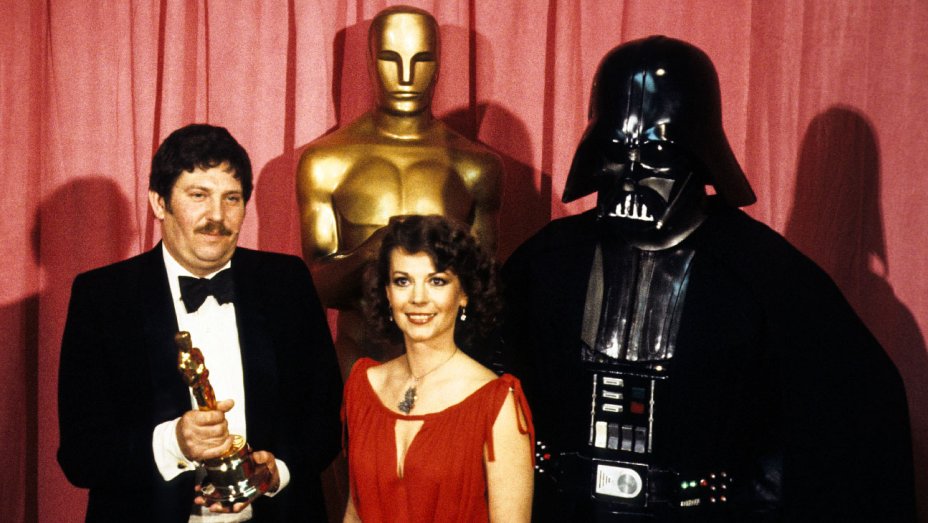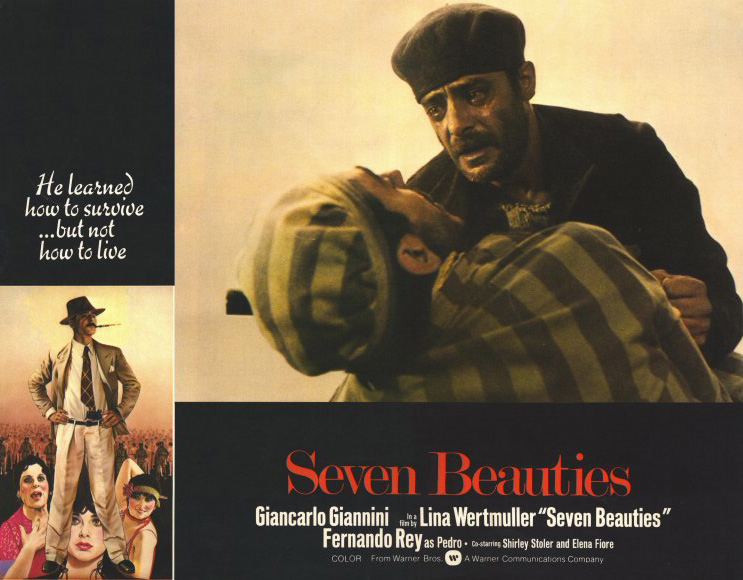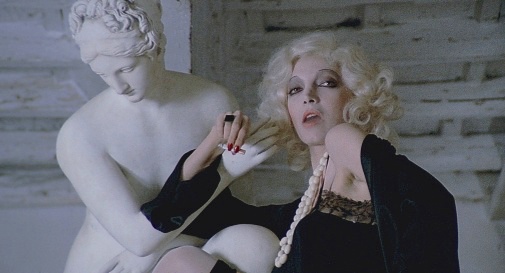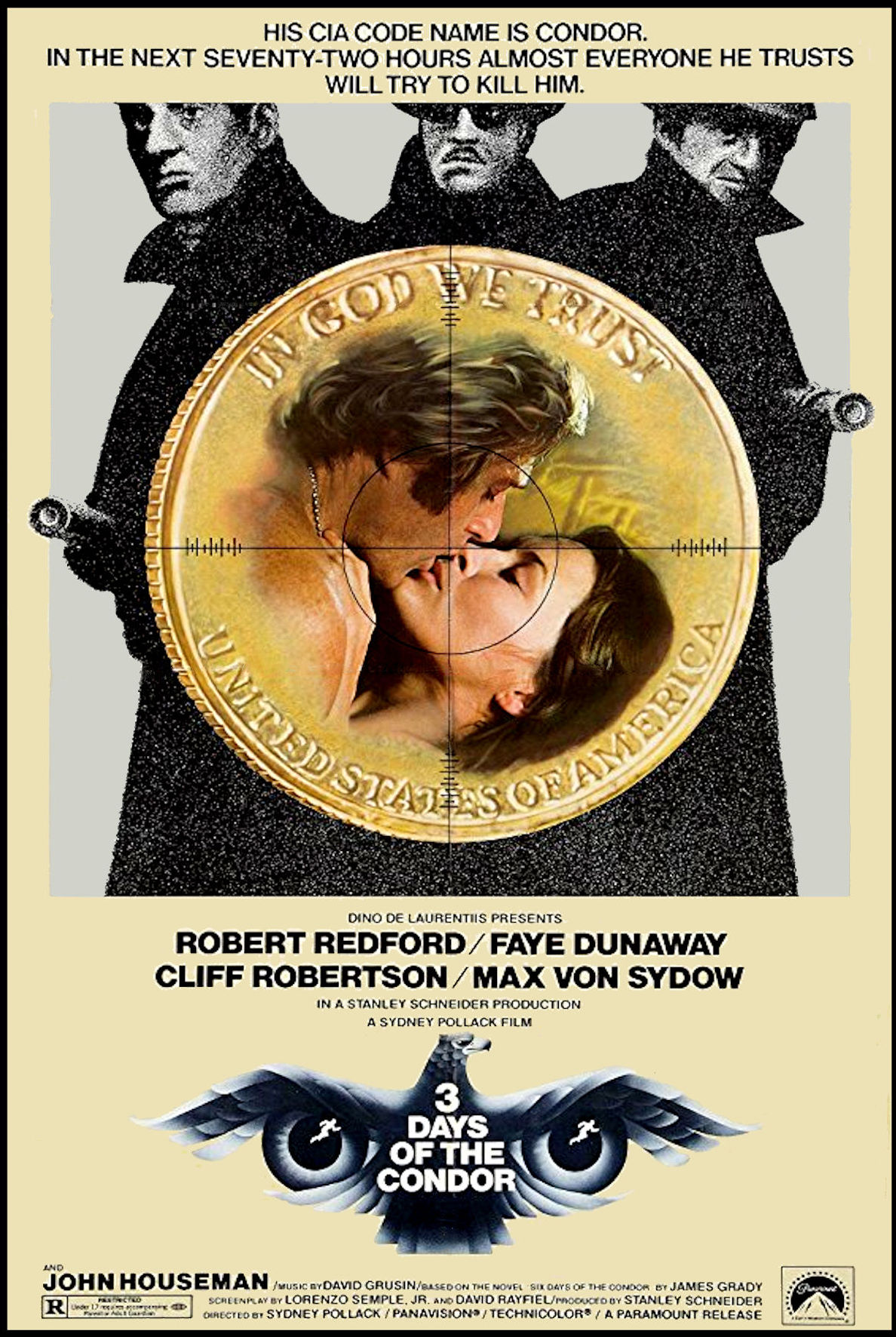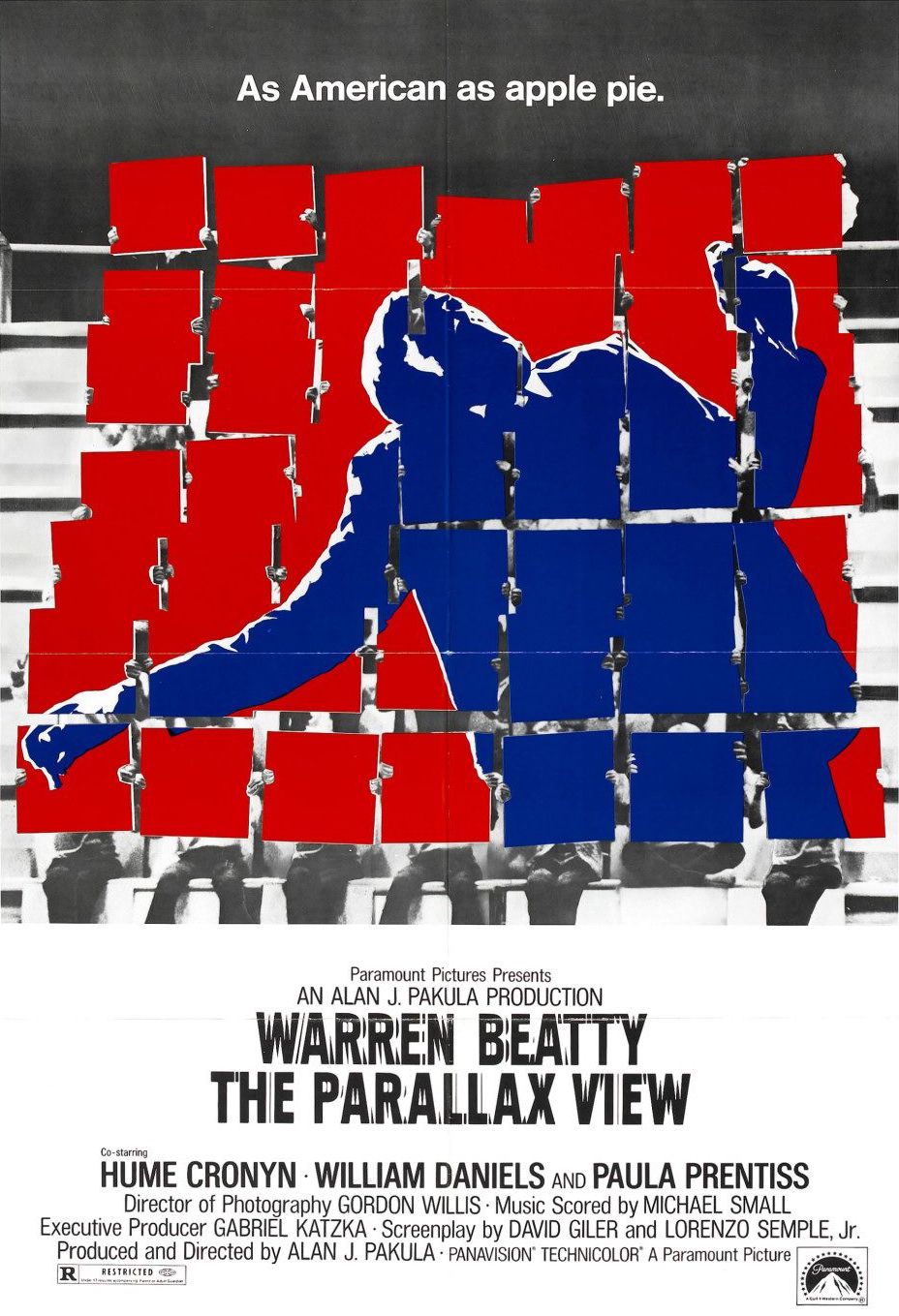Fellini @ 100: "Amarcord"
 Friday, January 24, 2020 at 5:00PM
Friday, January 24, 2020 at 5:00PM A few volunteers from Team Experience are revisiting Federico Fellini classics for his centennial. Here's Eric Blume...

Federico Fellini’s 1975 film Amarcord is considered the culmination of his style and artistry, the “most Fellini” of Fellini films, the one that won him his last (of four) Best Foreign Film Oscar, as well as prizes from the New York Film Critics and National Board of Review as director of the year. And he never made a film afterwards that rivaled its success or connection with audiences...
 Amarcord,
Amarcord,  Federico Fellini,
Federico Fellini,  Italian Cinema,
Italian Cinema,  Italy,
Italy,  Oscars (70s)
Oscars (70s) 


